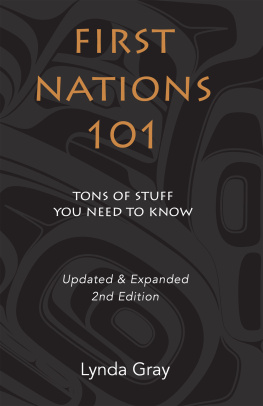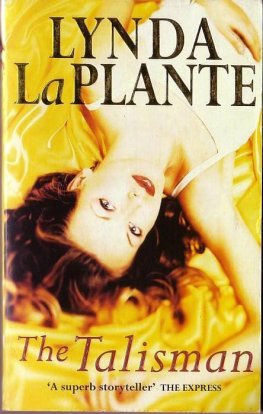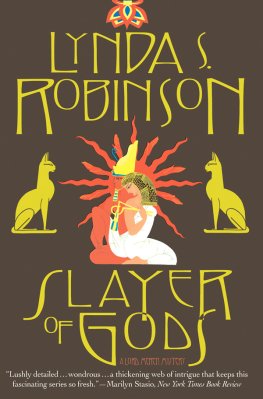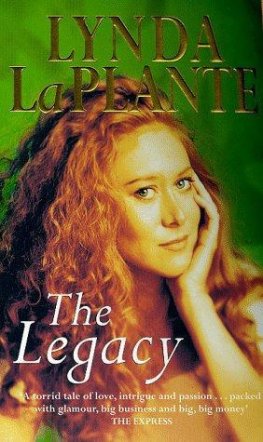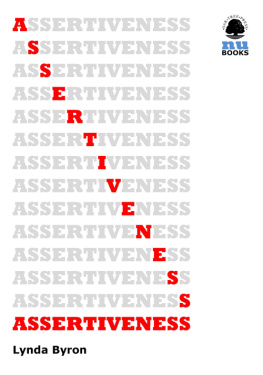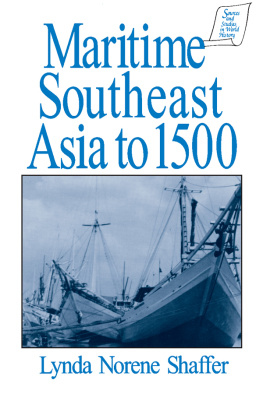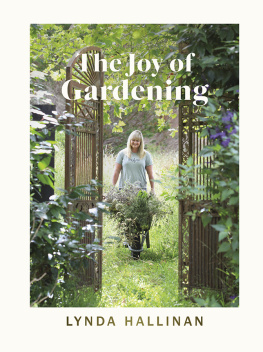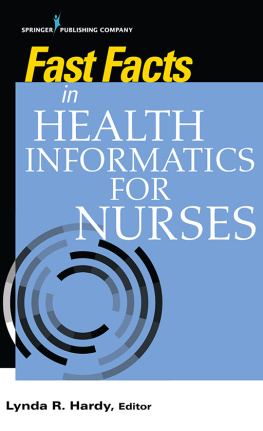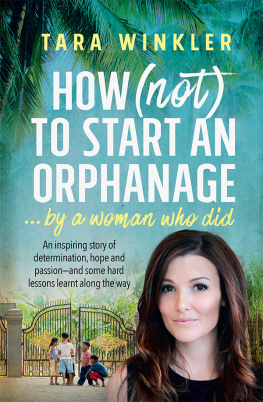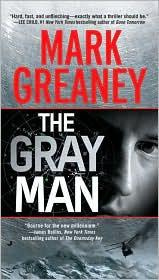Lynda Gray - First Nations 101
Here you can read online Lynda Gray - First Nations 101 full text of the book (entire story) in english for free. Download pdf and epub, get meaning, cover and reviews about this ebook. year: 2022, publisher: Lynda Gray, genre: Politics. Description of the work, (preface) as well as reviews are available. Best literature library LitArk.com created for fans of good reading and offers a wide selection of genres:
Romance novel
Science fiction
Adventure
Detective
Science
History
Home and family
Prose
Art
Politics
Computer
Non-fiction
Religion
Business
Children
Humor
Choose a favorite category and find really read worthwhile books. Enjoy immersion in the world of imagination, feel the emotions of the characters or learn something new for yourself, make an fascinating discovery.
- Book:First Nations 101
- Author:
- Publisher:Lynda Gray
- Genre:
- Year:2022
- Rating:4 / 5
- Favourites:Add to favourites
- Your mark:
- 80
- 1
- 2
- 3
- 4
- 5
First Nations 101: summary, description and annotation
We offer to read an annotation, description, summary or preface (depends on what the author of the book "First Nations 101" wrote himself). If you haven't found the necessary information about the book — write in the comments, we will try to find it.
First Nations 101 — read online for free the complete book (whole text) full work
Below is the text of the book, divided by pages. System saving the place of the last page read, allows you to conveniently read the book "First Nations 101" online for free, without having to search again every time where you left off. Put a bookmark, and you can go to the page where you finished reading at any time.
Font size:
Interval:
Bookmark:


Copyright 2022 by Lynda Gray
1st Printing, 2022
ISBN: 978-0-9869640-2-2
Published by Adaawx Publishing
PO Box 14155, Eldorado PO
Vancouver, BC, V5R 0H9
Adaawx is a Smalgyax (language of the Tsmsyen Nation) word that when translated as close as possible to English means oral history or truth telling.
All rights reserved. No part of this publication may be reproduced or transmitted in any form or by any means, electronic or mechanical, including photocopying, recording, or by any information storage and retrieval system now known or to be invented, without advanced written permission from the publisher.
Written and published within the unceded territories of the Musqueam, Squamish, and Tsleil-Waututh Nations.
$1 from each book sold will be donated to the Tsmsyen Revolution Fund which Lynda Gray and her children, Dr. Robin Gray and artist Phil Gray, started in 2022. The Fund will help support Tsmsyen language and culture revitalization in laxyuubm Tsmsyen (Tsmsyen territory).
Cover art by Tsmsyen/Cree artist Phil Gray. The neex (killerwhale) design is used to acknowledge that Lynda Gray and her children are Gisbutwada (Killerwhale Clan). Copper colored fonts are used in recognition of Phils ancestral name, and the importance of copper in the Tsmsyen Nation.
www.firstnations101.com
The following have been, or will be, developed this year:
1.A free study guide is available on my website for schools, bookclubs, employers, community groups, and others to utilize when reading First Nations 101.
2.I will be starting a podcast by late 2022. The launch date will be announced on my website and Facebook page.
3.Check out my social media for speaking engagements, events, workshops, and other First Nations 101 related activities.
4.I am hoping to have a French version published by the end of 2022.
5.There is an e-book edition of First Nations 101 available on various platforms.
www.firstnations101.com
Toyaxsut nsm to the Musqueam, Squamish, and Tsleil-Waututh Nations on whose land my children and I were raised. Toyaxsut nsm for always making us feel welcome as we live, work, play, learn, and practice our traditional Tsmsyen culture in your territories.
Toyaxsut nsm for the never-ending support and encouragement from Robin, Phil, Agnes, and family and friends who gently, but firmly, pushed me to finish this 2nd edition of First Nations 101.
Toyaxsut nsm to the great Indigenous thinkers, educators, content creators, advocates, orators, leaders, and culture, story, and language keepers. Your words, work, bravery, compassion, and steadfast commitment to sharing knowledge with the world has greatly contributed to my understanding of the many ways that colonization and assimilationist actions affect the day-to-day lives of everyone in Canada and how we as Indigenous people can work towards becoming healthy, strong, independent, prosperous, and cultural peoples again.
Toyaxsut nn to my son, Phil Gray, for allowing me to use his neex (killerwhale) design on the cover and inside pages of First Nations 101.
Ap lukwil ayaaltganu
I am very fortunate
Ap lukwil toyaxsut nsm
Thank you all very much
This book is dedicated to the late Dr. Lee Maracle, mother, grandmother, culture and story keeper, orator, author, truth teller, actor, educator, poet, trailblazer, mentor, and friend.
Your kindness, generosity, compassion, humor, fierceness, tenacity, and unwavering belief in Indigenous peoples resilience, knowledge, strength, and culture will continue to inspire me and countless others to contribute to the strengthening of Indigenous families and the (re)building of Indigenous communities and Nations.
Toyaxsut nn for enriching my life through gentle, but strong, mentorship and helping me to be a better parent.
I will miss you my friend.
Dm al gyik niidzn
Until I see you again
A lot has happened in the eleven years since I released the first edition of First Nations 101, including the Truth and Reconciliation Commission of Canada and the Inquiry into Missing and Murdered Indigenous Women and Girls releasing their final reports, Canada formally adopting the United Nations Declaration on the Rights of Indigenous Peoples (UNDRIP), significant court cases that are beginning to change the way things are done in Canada in relation to Indigenous people, and many more Indigenous individuals and families working hard to overcome the negative intergenerational effects of colonization in order to make positive changes in the lives of their families and communities.
Many of us experienced a rollercoaster of emotions as residential school survivors and families of missing and murdered Indigenous women and girls so generously shared their devastating and powerful stories. While this was extremely difficult for those who told their stories, it also empowered many of them as they were finally able to share the truth about all that was forced onto them. Their generosity and bravery inspired many Indigenous people to work even harder to help strengthen ourselves and our families and communities. The country owes a great debt to those who helped bring Canadas truths out into the light of day. They have laid the foundation for the country to work towards true reconciliation between Indigenous people and Canadians. We cannot fail them.
Whose version of history have you heard so far? History has been defined by those who wrote about it and had the means to distribute their version to the masses. Indigenous peoples efforts over many decades have led to the exposure of the true history of Canada, which may be hard for people to hear and accept, but it is necessary so that the country and its people can reach their full and best potential. Unfortunately, there continues to be ongoing efforts to keep much of this history out of classrooms from kindergarten to university, businesses, courts, libraries, films, books, and training courses for helping professionals. In my public talks, attendees often state that they are angry that they were not taught many of things in First Nations 101 in high school, college, or university. This gatekeeping deprives us all from knowing the truth about our shared history and its negative effects on all of our lives. It deprives us of understanding the context so we can work together to foster positive change.
First Nations 101 is a primer about issues related to Indigenous people, it is not a research paper, nor is it all encompassing. It highlights many diverse areas that affect Indigenous peoples daily lives. I do not speak for the diverse range of Indigenous people, and I am not an authority on any of these issues. My intent is to share what I have learned so others can understand the basics about the shared history between Indigenous people and Canadians, do further research on their own, and learn how they can contribute to reconciliation. Often you will hear non-Indigenous people say, that was a long time ago, why should it matter now; I didnt do it to them, so why should I care or pay; or why cant they just get over it? These questions are based on a complete unfamiliarity, misunderstanding, and/or dismissal of our shared history and an individualized self-centered approach to living. Although my mother did not attend residential school, my children and I are profoundly impacted by the legacy of all the generations of our family who were forced to attend. A few ways that I have been negatively impacted are that I did not grow up in my territory, did not have access to my Nations teachings, songs, and dances until I was in my thirties, and only recently began to learn my ancestral language. My mother died at 40 from her addiction which helped her cope with unresolved trauma, and I left school and struggled to learn how to be a good parent at 16 years-old. While these are some of the challenges Ive faced due to our history as Indigenous people in Canada, I have also inherited amazing strength and resiliency from my ancestors who survived countless assimilation laws, policies, and actions that led to great challenges for themselves, their families, and their communities.
Font size:
Interval:
Bookmark:
Similar books «First Nations 101»
Look at similar books to First Nations 101. We have selected literature similar in name and meaning in the hope of providing readers with more options to find new, interesting, not yet read works.
Discussion, reviews of the book First Nations 101 and just readers' own opinions. Leave your comments, write what you think about the work, its meaning or the main characters. Specify what exactly you liked and what you didn't like, and why you think so.

